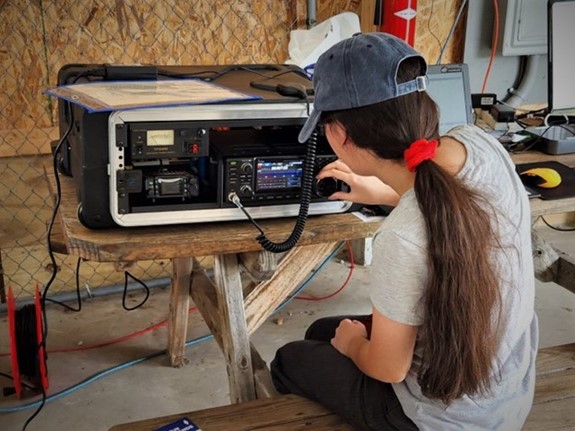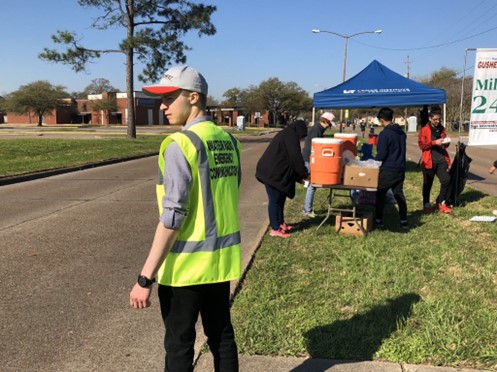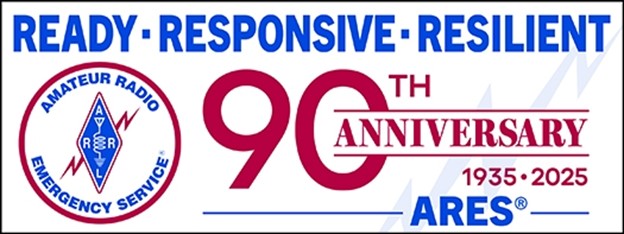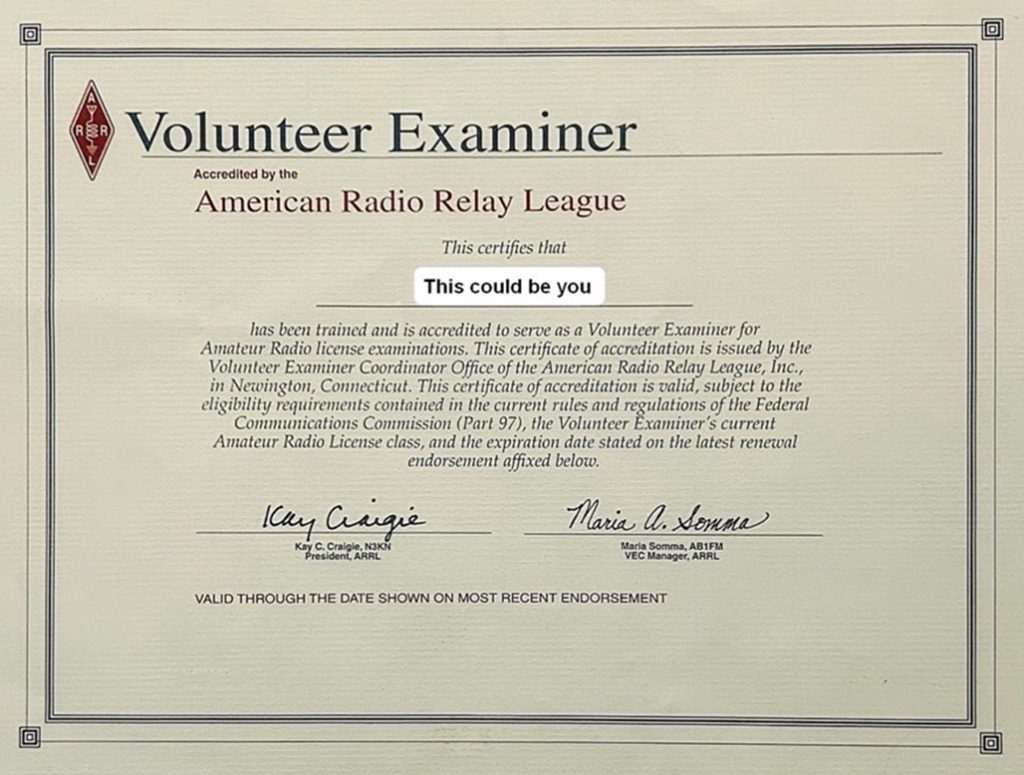The question of how we should refer to amateur radio is an eternal debate. Is it a hobby? A lifestyle, perhaps? A community? A public service?
Really, the best answer is “all of them.” Amateur radio is what you want it to be—it’s what you make of it for yourself. But for purposes of this dive into volunteering through amateur radio, the last answer, public service, seems to be most apt.
By nature, amateur radio is focused on helping others, no matter what avenue of the pursuit you choose. The hobby makes it effortless to use your skills to help benefit those around you. In some cases, it’s even easy to forget that you’re performing community service.
Take ARRL Field Day, for example. The annual event is the highlight of the year for many clubs across the U.S. and Canada. While a good portion of us just think of it as an opportunity to challenge ourselves and fellow club members in a contest-like setting, it’s really an opportunity to test ourselves and operating setups. It allows us to make sure we’re as prepared as possible for natural disasters or other emergencies where amateur radio would be essential for communication.

Field Day in June and Winter Field Day in January are perfect times for young hams to dip their feet into the world of volunteering through amateur radio. They’re also ideal occasions for young people who are not yet hams to see what amateur radio is all about and discover ways they could use it to benefit their communities and those around them.
There are many other avenues to volunteer in the community through amateur radio. One of the most common is providing communication for local races and other sporting events. For example, the local club that I am involved in assists with communication for a few nearby 5K races and an annual paddle race that takes place between two of the lakes in the area. It’s worth noting that for most volunteer opportunities connected to amateur radio, only a Technician license is necessary, especially for events in which the objective is to provide short-distance, local communication. These events also expose the public to amateur radio and show the hobby in a positive light.
Editor’s Note: Read “Beyond Your Local Repeater: 15 Things to Do with a Technician License” by Sean, KX9X.

If you’re interested in helping to provide emergency communication via amateur radio, some local clubs may be connected to an emergency communication group in your area, such as these two well-established organizations: ARES® (Amateur Radio Emergency Service) through the ARRL and RACES (Radio Amateur Civil Emergency Service).

Find many other amateur radio public service resources at the ARRL website.
Additionally, the National Weather Service’s SKYWARN® Storm Spotter Program is a great option for those looking for a more weather-focused volunteer opportunity. There are typically training sessions that can be completed both in person and online to fulfill the requirement to become a registered SKYWARN spotter, so this program is also relatively accessible. Find a SKYWARN program in your state here.
Editor’s Note: A ham radio license is not required to be part of the SKYWARN program, but it can be helpful in relaying information when other forms of communication are disrupted.
There are some ways to volunteer through amateur radio that don’t necessarily include public outreach. For starters, many local clubs and examiner groups are always in search of Volunteer Examiners (VE). To become a VE, you must be at least 18 years of age (younger hams will have to wait a few years for this opportunity), have at least a General class license, and become accredited by the coordinating VEC.

By becoming a VE, you’re helping to make taking amateur radio licensing exams more accessible to those who are interested, and you may also be helping out your local club if you join their team of VEs.
Another option for volunteering within your local club is to host classes to help teach the content that appears on the three amateur radio licensing exams for those who need a little support. Hosting classes doesn’t have to be limited to focusing on the exam material either. Hosting a session on an aspect of amateur radio that you are passionate about or particularly skilled at is also a great idea. It lets you share your passion and potentially get other operators involved.
All things considered, there is no way to go wrong with volunteering in amateur radio. The hobby perfectly facilitates a blend of having fun and providing community service when it is needed, and volunteering through a hobby that you enjoy is one of the best ways to become involved in your community.

